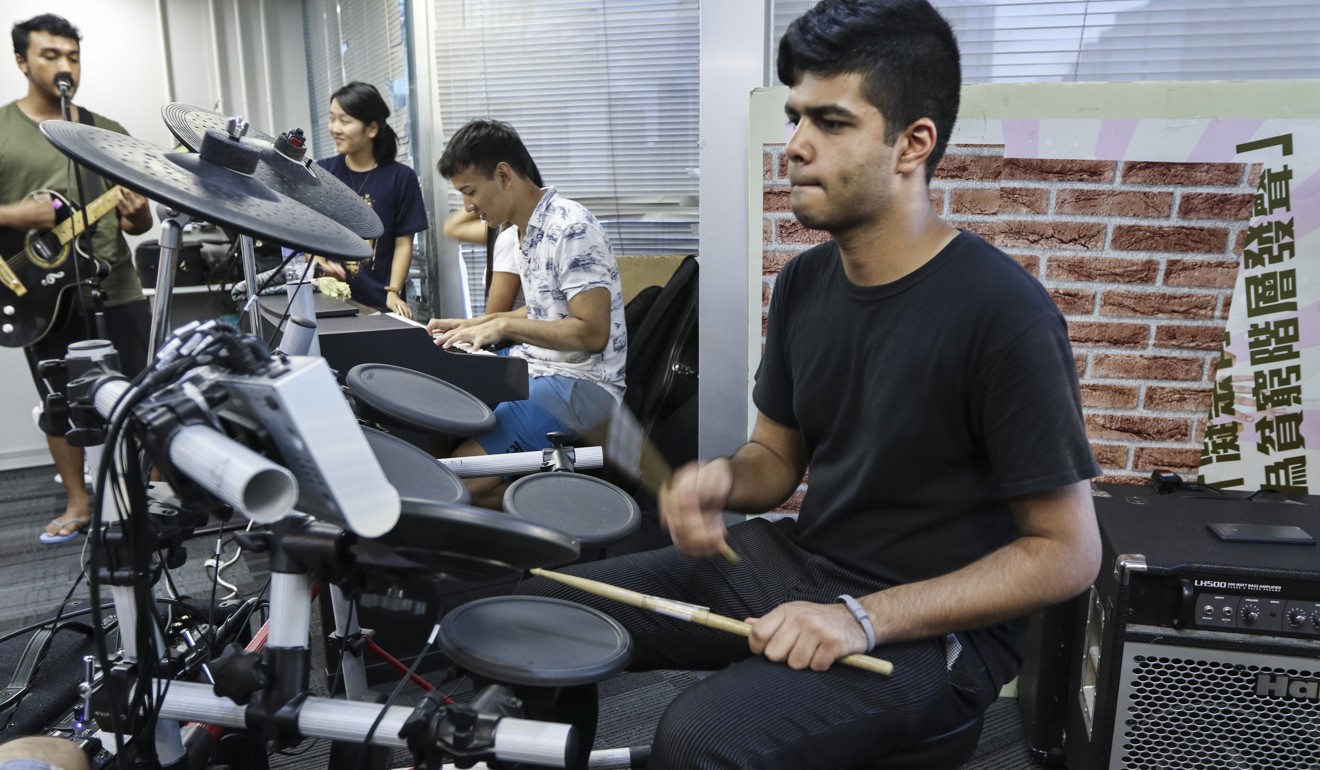
Racial harmony in Hong Kong can begin by building bridges between ethnic minority and Chinese youth
Paul W.C. Wong and Gizem Arat say it is just as important to highlight similarities between ethnic minorities and the majority population as acknowledging their differences
First, the latest census data shows that while the overall number of youth in Hong Kong decreased over the past 10 years, the population of non-Chinese youth increased from 13,117 in 2006 (1.5 per cent of the youth population) to 27,651 in 2016 (3.6 per cent).
Third, after closing “designated schools” in 2013-14, more non-Chinese students are now attending “mainstream” schools. Hence, racial harmony between Chinese and non-Chinese young people has recently been the focus of attention.
Additionally, local and international studies on the issue have largely been skewed towards identifying the difficulties or challenges ethnic minorities face and the differences between them and the majority populations in host societies, which tend to stereotype them as weak or a burden to society.
Focusing on the similarities between youth in the ethnic minority and majority populations may enhance social integration and cohesion. To achieve this, there could be more emphasis on how ethnic minorities can be assets not only to the existing education system or employment, but also to Hong Kong as citizens. Thus, the stress could be on bringing all youth – regardless of their ethnicity, religion, age or gender differences – together to contribute to society.
Highlighting not only the differences but also the commonalities between the ethnic groups would help researchers better understand the processes of marginalisation and integration. It would help Hong Kong find ways to promote resilience among its youth, and develop strategies to minimise social exclusion and promote multiculturalism.
For instance, in education, it is not only children and young people who should be introduced to the concepts of equal opportunity and equality, but also their parents could be made more aware that families have different values about education and other important aspects of life.

Focusing on the similarities between youth in the ethnic minority and majority populations may enhance cohesion
Researchers need more representative samples of the growing ethnic minority population in Hong Kong. Without more detailed information on the ethnic minority student and community population being available to researchers and policymakers (such information is currently only available at the district level), suggestions and implications for social inclusion could be biased.
Dr Paul W.C. Wong is an associate professor in the Department of Social Work and Social Administration at the University of Hong Kong and project co-investigator at the Jockey Club Lab for Cultural Diversity Study, where Dr Gizem Arat is a senior programme officer
